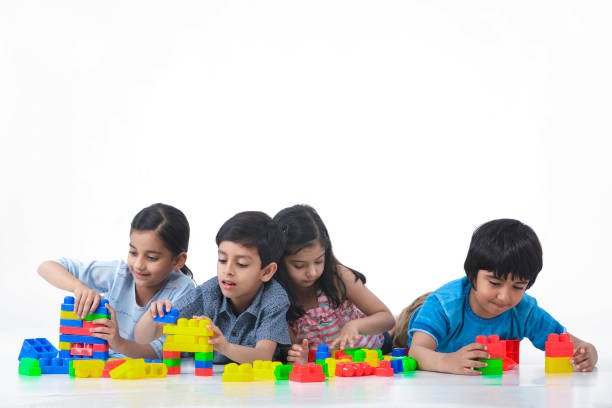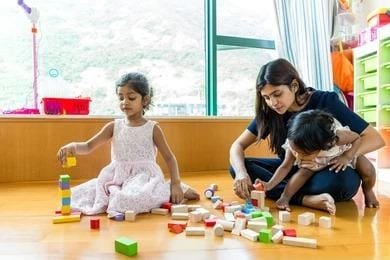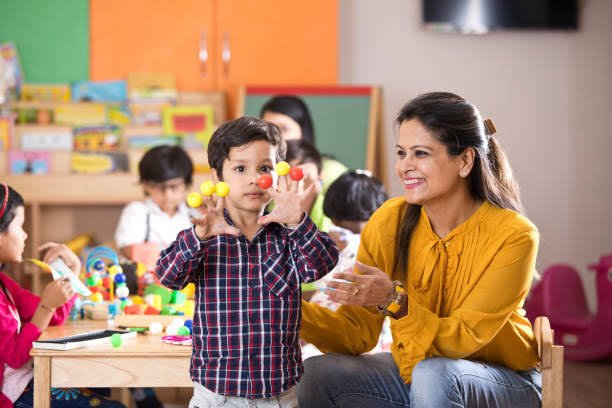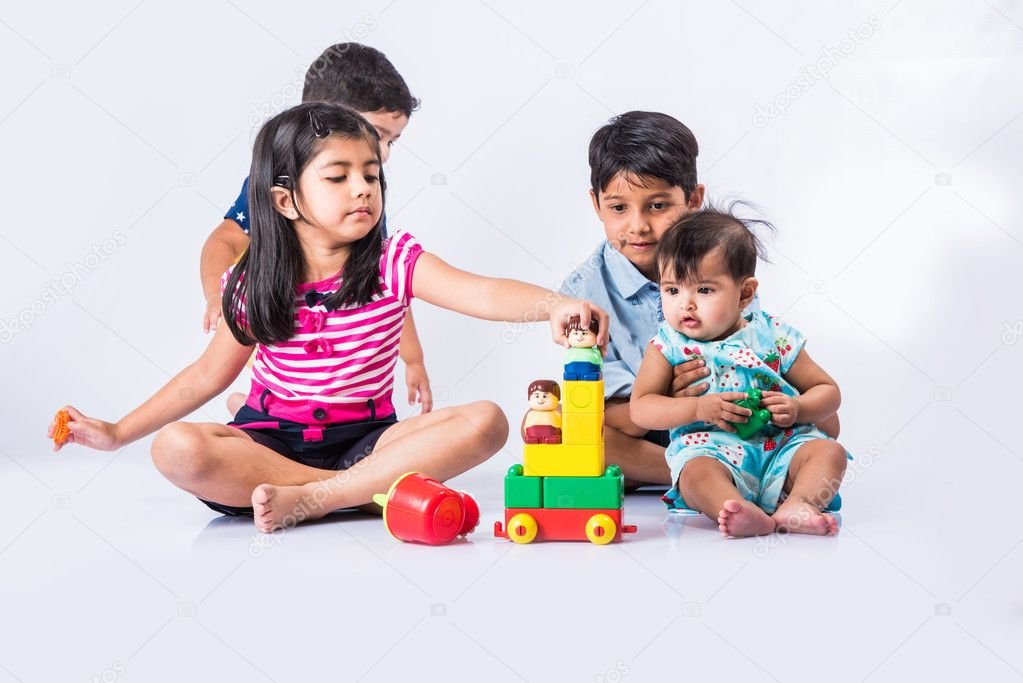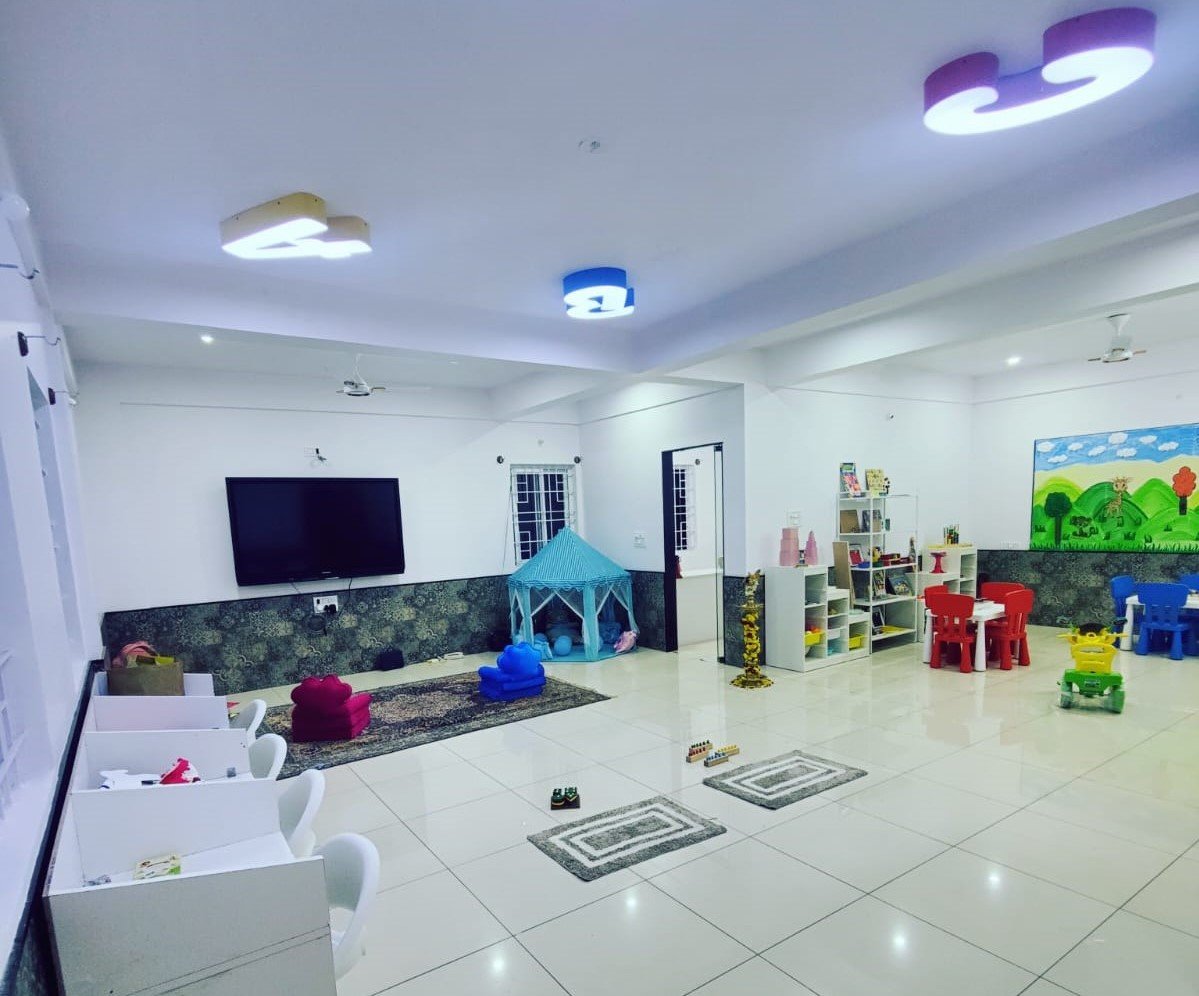The main goal of the playgroup program is to help children grow in a variety of areas, including social and emotional development, intellectual growth, and physical fitness. Children actively learn from new experiences as they explore them, which aids in both their physical and mental development.
A child's entry into playgroup might be seen as their first step into the realm of learning. where everything is fresh to them. They begin examining the real world around them and beginning to look into things that come their way gradually and methodically.

